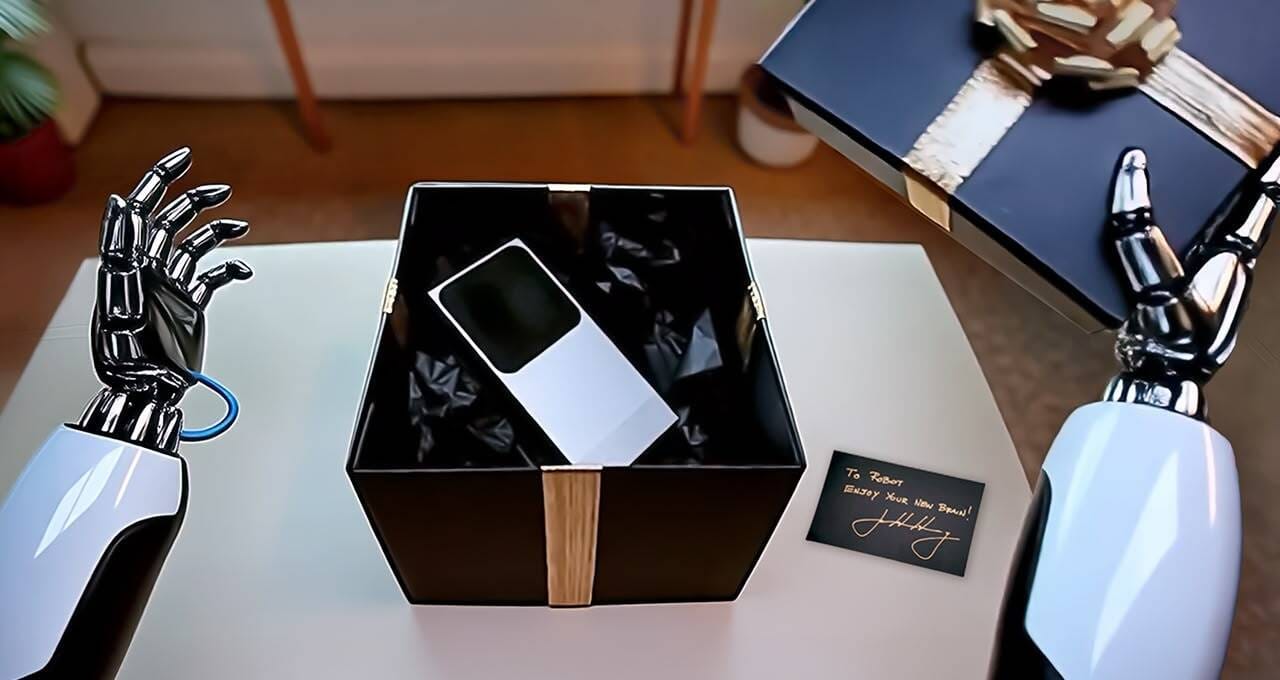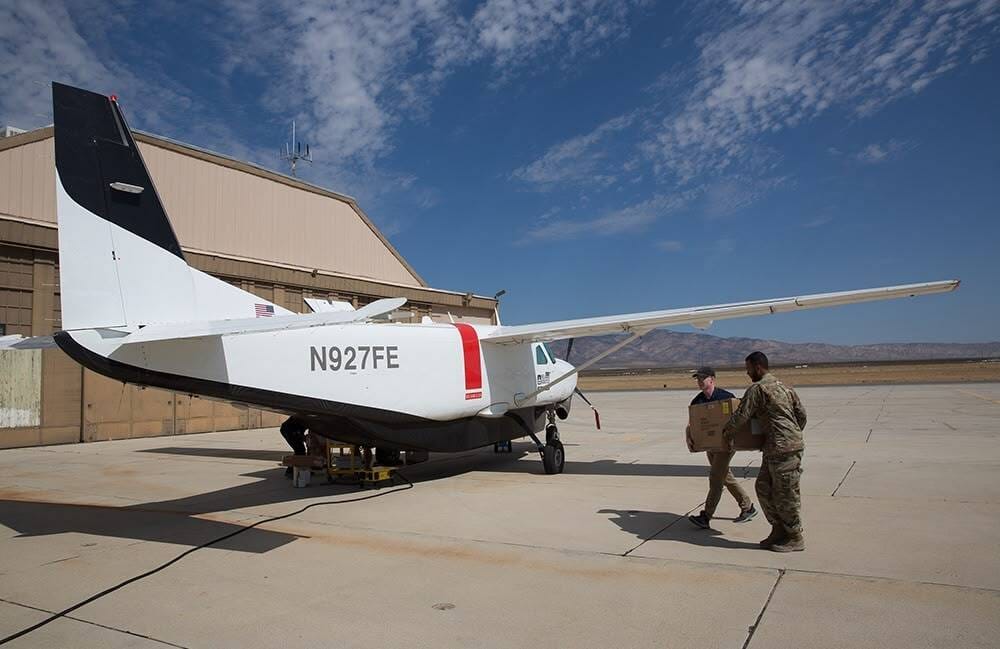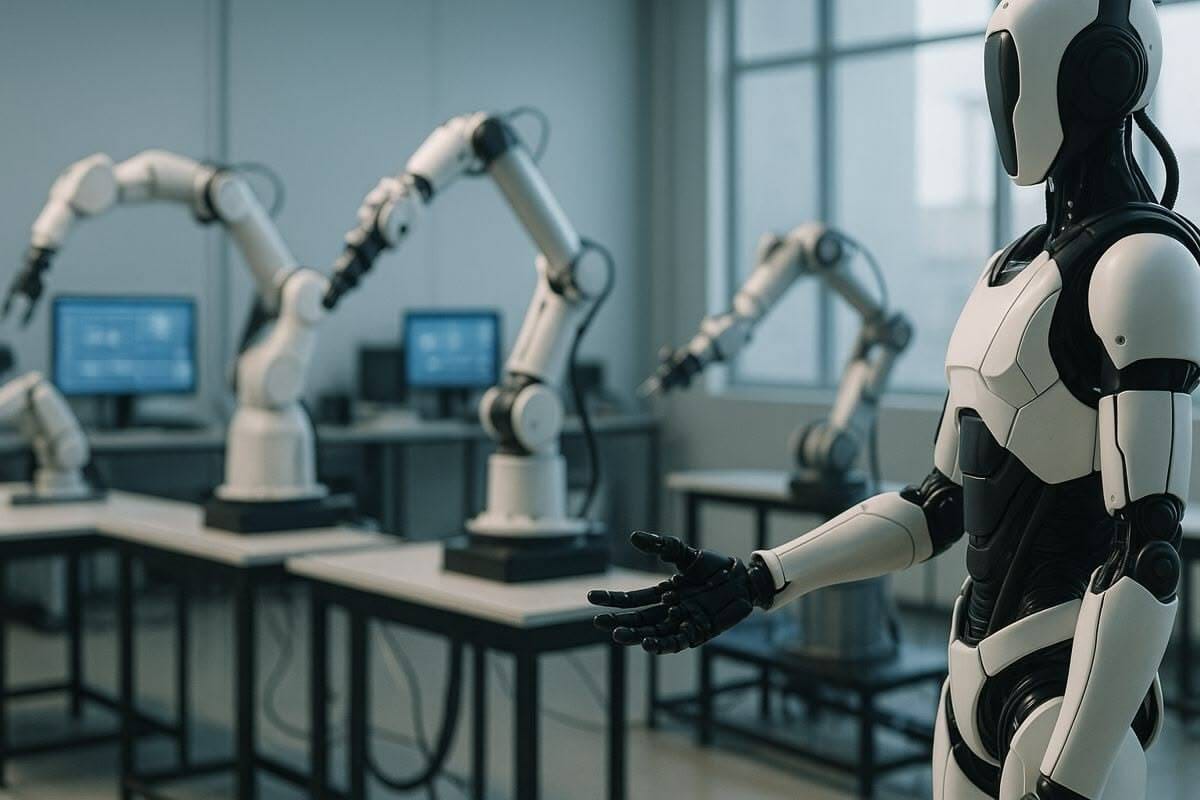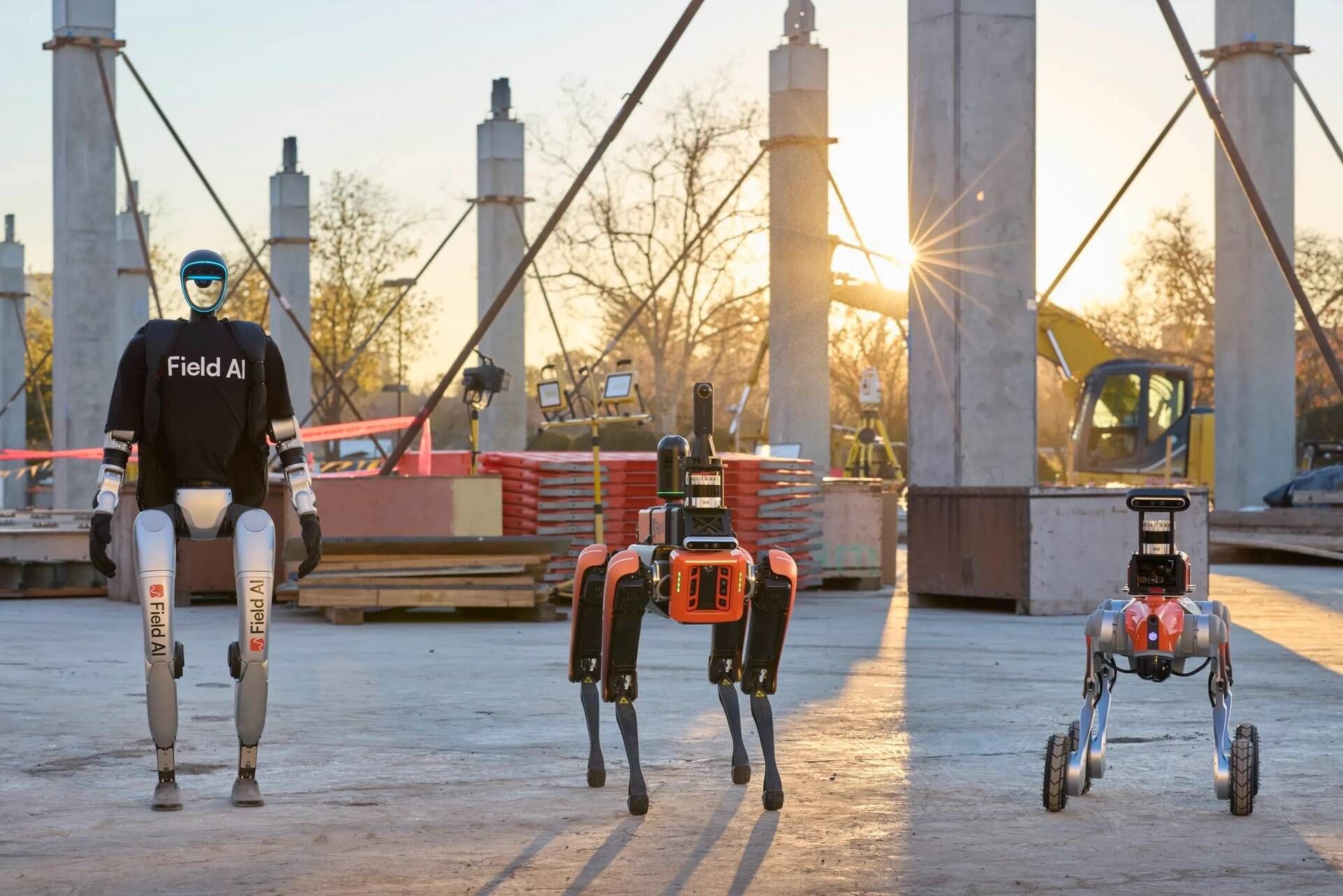August 29, 2025
It's Friday. Boston Dynamics just upgraded Atlas with a Large Behavior Model that lets the robot learn by watching humans perform complex tasks.
How could this reshape automation standards across industries?
In today's recap:
Atlas robot learns through human demonstration
Nvidia's Thor: 7.5x faster robot processing
Air Force invests $17M in autonomous aircraft
Japanese firm creates robot movement data service
FieldAI secures $405M for robot intelligence
BOSTON DYNAMICS
Atlas robot gets AI brain upgrade
Recaply: Boston Dynamics and Toyota just showed off something amazing. Their Atlas robot can now learn new tasks by watching humans do them first. The robot uses something called a Large Behavior Model that controls its whole body at once. Instead of programming each move by hand, engineers just show Atlas what to do and it learns. The robot can walk, crouch, and use both hands while adapting to surprises during work.
Key notes:
Atlas uses one AI system to control its entire body, treating hands and feet the same way.
The robot learns tasks through human demonstrations rather than complex programming.
It can adapt when researchers throw curveballs, like moving boxes with hockey sticks.
Tasks include sorting, packing, and handling tricky objects like ropes and car tires.
The breakthrough came from a partnership that started just 10 months ago.
Impact: This technology could change how robots work alongside humans in warehouses, factories, and homes by making them easier to train and more adaptable.
NVIDIA
Nvidia's Thor chip powers smart robot brains
Recaply: Nvidia launched its Jetson AGX Thor chip, which the company calls a "robot brain" for next-generation robots. This powerful new processor delivers 7.5 times more AI computing power than its predecessor, letting robots think and react in real-time like never before.
Key notes:
The Thor chip includes 128GB of memory and runs on Nvidia's latest Blackwell technology.
Robots can now process multiple camera feeds and sensors simultaneously without delays.
The system supports advanced AI models that help robots understand and interact with their surroundings.
Developer kits cost $3,499 with first shipments starting next month.
Production modules for companies cost $2,999 each when ordering 1,000 or more units.
Impact: This breakthrough brings us closer to robots that can work alongside humans in everyday environments. With Thor's real-time processing power, robots will become more helpful assistants rather than clunky machines following simple commands.
RELIABLE ROBOTICS
Robot pilot company wins big Air Force contract
Recaply: California startup Reliable Robotics scored a major win with a $17.4 million Air Force contract to create self-flying planes. Their automated system will transform a regular Cessna 208B into an unmanned aircraft that operates completely on its own.
Key notes:
Mountain View company founded in 2017 specializes in aircraft automation technology.
Contract covers buying, installing, and testing autonomous flight systems.
Planes can fly thousands of miles continuously without human pilots.
Technology uses multiple backup systems to ensure flight safety.
Air Force sees autonomous aircraft as key for future combat logistics.
Impact: This partnership highlights the growing trust in robot technology for critical military operations. The success could speed up adoption of pilotless planes in both defense and commercial markets worldwide.
TELEXISTENCE INC
Robot company creates Motion Data Factory service
Recaply: A Japanese robotics company called Telexistence just announced something pretty cool for the robot world. They are building a special factory that creates movement data for robots, kind of like how power plants make electricity. The service begins next January and helps other companies train their robots faster.
Key notes:
Pre-orders open in September 2025 for the January 2026 launch.
The Motion Data Factory uses advanced multi-joint robots to generate datasets.
Customers include robot startups, big manufacturers, and universities globally.
Pricing depends on how much data companies need and how complex the tasks are.
Telexistence says this will work like basic infrastructure for the robotics industry.
Impact: By providing ready-made robot training data, this service could help more companies build better robots without spending years collecting their own movement information.
FIELDAI
FieldAI raises $405M for universal robot brains
Recaply: California startup FieldAI just secured $405 million to build smart robot brains that work across different machines. The company creates AI software that helps robots think and move safely in real places like construction sites and factories, without needing maps or GPS to navigate.
Key notes:
The Irvine-based company now has a $2 billion value after backing from Jeff Bezos and NVIDIA.
Their "Field Foundation Models" use physics-based AI that works on humanoids, wheeled robots, and vehicles.
Unlike regular AI, these robot brains can handle risky situations and adapt to new places safely.
Robots powered by FieldAI are already working at job sites around the world in energy and manufacturing.
CEO Ali Agha says the goal is one universal brain that controls many different types of robots.
Impact: This breakthrough could change how companies use robots by making them smarter and safer. Instead of programming each robot separately, businesses might soon deploy flexible robot workers that adapt to any environment.
NEWS
📰 What matters in Robotics right now?
Boston Dynamics was eliminated from America's Got Talent quarterfinals despite advancing with robot dog performances that wowed judges.
Walmart is planning to deploy Ranpak AutoFill systems across five fulfillment centers, using AI vision to optimize packaging and reduce waste.
Rebl Industries signed robotics deals with H&M and IKEA, deploying AI-powered warehouse robots that handle 350-500 parcels hourly.
Harvard researchers developed a wearable robot helping ALS patients with daily tasks, achieving 94% accuracy in movement recognition.
Noetix Robotics won two gold medals at Global Humanoid Robotics Games, with robots jumping 1.25 meters and scoring 41.60 in floor exercise.
RealMan launched a 3,000-square-meter robotics training center in Beijing, generating over one million data points annually across 108 robots.
Hyundai increased US investment to $26 billion through 2028, including a robotics facility producing 30,000 units annually and creating 25,000 jobs.
🧡 Enjoyed this issue?
🤝 Recommend our newsletter or leave a feedback.
How'd you like today's newsletter?
Cheers, Jason








